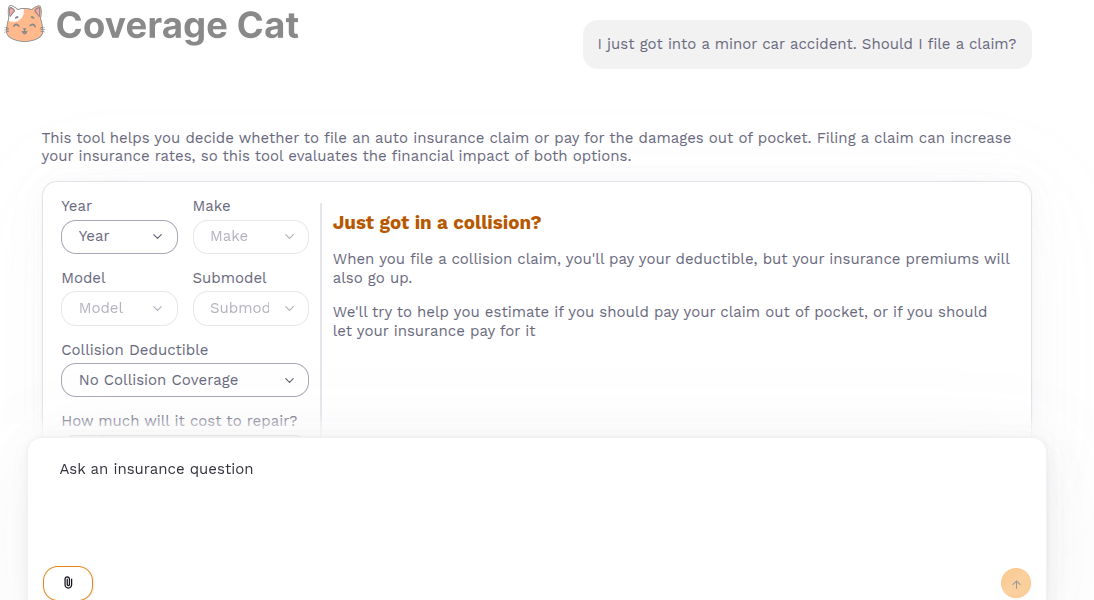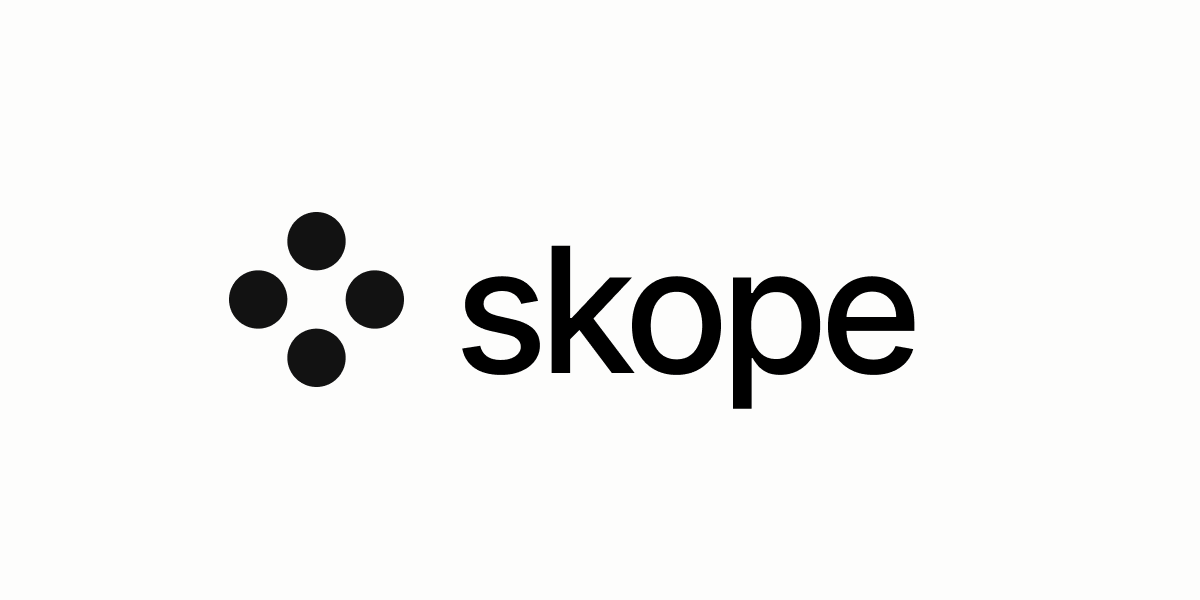In today's increasingly globalized business landscape, managing payroll across multiple countries has become a critical challenge for organizations of all sizes.
Navigating global payroll solutions has become increasingly critical for businesses expanding internationally or embracing remote work. Companies face complex challenges when managing payroll across multiple countries while maintaining compliance with diverse local regulations. Deel and ADP stand as leading contenders in this space, each offering distinctive approaches to solving these global payroll challenges.
How Do Deel and ADP Compare for Global Coverage?
The foundation of any global payroll service lies in its infrastructure and worldwide reach. Deel operates with extensive coverage across 150+ countries through its owned infrastructure, maintaining in-house payroll engines and entities worldwide without relying on third parties. This comprehensive approach includes dedicated in-house payroll managers and a team of 200 legal specialists who ensure consistent service delivery and compliance management across all regions.
Deel's direct control over infrastructure allows for reduced errors, accelerated support, and more reliable compliance guidance for clients expanding internationally. Their integrated approach creates a seamless experience for businesses managing teams across multiple countries, with standardized processes that maintain consistency regardless of location.
ADP offers services in 140+ countries but relies heavily on third-party providers in several regions, creating potential fragmentation in client experience. This partner-dependent model often leads to communication delays and inconsistencies in service delivery. When multiple vendors manage different aspects of payroll processing, clients frequently encounter variations in procedures and increased risk of errors.
What Makes Deel's Infrastructure Unique?
Deel's infrastructure stands apart through its comprehensive in-house capabilities that span the entire global payroll ecosystem. Their system integrates directly with local tax authorities and banking systems in each country, creating more reliable connections than partner-based approaches.
The company maintains dedicated legal and compliance teams in each region who continuously monitor regulatory changes and update systems accordingly. This proactive approach helps businesses stay ahead of compliance requirements rather than reacting to changes after they occur.
Deel's infrastructure also includes built-in redundancies and fail-safes that ensure payroll continuity even during system disruptions or local banking issues. These safeguards provide peace of mind for businesses that depend on timely and accurate payroll processing across multiple countries.
Are There Differences in Pricing Transparency?
Pricing transparency represents one of the most significant differentiators between Deel and ADP. Deel employs a straightforward pricing structure with published rates that eliminate uncertainty-global payroll services start at $29 per employee monthly, while US payroll begins at $19 per employee monthly. This transparent approach helps businesses avoid the hidden fees that plague 42% of payroll leaders during implementation phases.
Deel's pricing includes comprehensive features like customization capabilities, responsive customer support, self-service automation tools, and extensive integrations without additional charges. This all-inclusive model allows businesses to budget accurately for their payroll expenses without worrying about unexpected costs appearing later.
ADP's pricing model has been criticized by customers for its lack of transparency and numerous hidden costs. Implementation fees can be substantial, and customizations or additional services frequently incur extra charges not disclosed upfront. This opaque approach complicates financial planning and often results in unexpected expenditures for businesses.
What Hidden Costs Should You Watch For?
When evaluating global payroll providers, several common hidden costs can significantly impact your total investment:
- Implementation fees: One-time charges that can range from a few thousand dollars to six figures depending on complexity and company size.
- Custom report creation: Fees for developing non-standard reports or dashboards beyond basic templates.
- API access charges: Additional costs for connecting payroll systems with other business software.
- Training expenses: Charges for onboarding staff beyond initial basic training sessions.
The pricing disparity becomes particularly evident when companies scale or require specialized features. ADP's costs can escalate significantly beyond initial estimates, while Deel maintains consistent pricing even as organizations grow and evolve their payroll needs.
How Do Platform Capabilities Compare?
Deel's platform stands out for its comprehensive centralization of payroll and HR functions. The system offers a unified approach where global payroll, US payroll, contractor management, HRIS, global mobility, performance management, and analytics all operate within a single integrated environment.
This cohesive design enables organizations to manage their entire global workforce through one consolidated interface. Companies can review and approve global payroll, analyze cross-entity costs in a preferred currency, generate comparative reports, and create customized dashboards that provide holistic oversight of workforce expenses and operations.
ADP maintains separate systems for US and global payroll operations, creating a fragmented experience for multinational organizations. This separation complicates efforts to achieve a unified view of payroll activities and workforce costs across regions. Additionally, ADP relies on partners for contractor management, EOR services, and visa processing, further fragmenting the user experience across multiple platforms and vendors.
What Integration Options Are Available?
Integration capabilities reveal significant differences in how Deel and ADP connect with external systems:
- Deel's integration ecosystem:
- Free connections with over 68 partners including NetSuite, QuickBooks, and Xero
- Open API access for custom integrations with HRIS, finance, and ERP systems
- Self-service integration tools for connecting with specialized business software
- Rapid implementation timeframes measured in days or weeks
- ADP's integration approach:
- Most robust integration capabilities reserved for large enterprises (500+ employees)
- Implementation costs reaching up to $120,000 per integration
- Typical integration timeframes extending beyond 12 months
- Limited flexibility for adjustments outside enterprise accounts
For organizations prioritizing system connectivity and data flow automation, these differences can substantially impact operational efficiency and resource allocation. Smaller companies using ADP often resort to manual data entry and duplicate processes across disconnected systems.
What Distinguishes Implementation Processes?
Implementation efficiency creates a stark contrast between the two providers. Deel has established a reputation for rapid deployment, with most implementations completing significantly faster than industry averages. This accelerated timeline stems from streamlined onboarding processes, an integrated platform architecture, and dedicated support teams that work collaboratively with clients throughout the transition.
Unlike traditional providers, Deel handles the entire implementation in-house without relying on third-party vendors, which substantially reduces coordination complexities and potential delays. The platform's automated workflows facilitate efficient document processing and compliance verification, while 24/7 support ensures that issues are addressed promptly without waiting periods.
ADP's implementation process can extend up to twelve months-a timeline that may prove problematic for organizations seeking swift operational transformation. This extended deployment period results from complex, siloed systems that require extensive customization and integration work. Their reliance on third-party providers for certain functions further extends timelines as coordination between multiple vendors becomes necessary.
How Can You Prepare For Implementation?
Preparing thoroughly for implementation can significantly improve outcomes regardless of which provider you choose:
- Data preparation: Clean and organize employee information, tax details, and historical payroll data before migration begins.
- Process documentation: Map current payroll workflows and identify areas for improvement or standardization.
- Stakeholder alignment: Ensure all departments understand implementation timelines and their specific responsibilities.
- Testing strategy: Develop a comprehensive plan for validating system functionality before full deployment.
The difference in implementation speed affects not only how quickly organizations can begin using the system but also impacts how soon they can achieve returns on their investment and adapt to changing business requirements.
Why Does Payment Flexibility Matter?
Deel demonstrates exceptional payment flexibility through its diverse funding and disbursement options. Employers can select from fifteen different payment methods to fund their payrolls, including ACH direct debit, credit cards, SEPA direct debit, and modern fintech options like Brex, Mercury, Wise, and Coinbase. This variety accommodates different business preferences and banking relationships around the world.
For employees, Deel offers the ability to split salaries across multiple bank accounts, providing greater financial management flexibility. Independent contractors enjoy even more options, with eight withdrawal methods including traditional bank transfers and modern platforms like Revolut, PayPal, and Coinbase, plus instant access through the global Deel Card.
ADP provides more limited payment flexibility, offering several standard methods for customer payments including bank cards for US workers. Their additional options for Money Movement or Payment Dispersal Services come with significant extra costs and aren't universally available across all markets. This restricted approach to payment flexibility can create challenges for businesses operating internationally or employing workers with diverse payment preferences.
How Does Support Compare Between Providers?
Customer support represents another critical differentiator between these platforms:
- Deel's support structure:
- Dedicated point of contact working collaboratively across departments
- 24/7 availability through multiple channels (in-app chat, email, WhatsApp, phone)
- In-country HR experience teams specifically for EOR employees
- Average response time under 2 hours regardless of time zone
- ADP's support approach:
- Multiple communication channels but with siloed departments
- Support quality varies by region and account size
- Limited integration between support and other business units
- Escalation processes that can extend resolution timelines
For businesses prioritizing responsive, knowledgeable support as a critical component of their payroll management strategy, these differences represent a significant consideration. Organizations with complex international operations or those requiring rapid problem resolution may find Deel's support structure better aligned with their operational requirements.
How Do Compliance Approaches Differ?
Deel adopts a proactive compliance management approach through its Compliance Hub, which automatically alerts customers to new regulations and potential violations across 150+ countries. This forward-looking system helps organizations stay ahead of regulatory changes rather than reacting to compliance issues after they emerge.
Backed by 200+ legal specialists and in-house expertise, Deel provides comprehensive guidance on complex international employment regulations, helping businesses navigate the intricate compliance landscape with confidence. The platform streamlines compliance documentation collection with fully digital, self-service workflows that incorporate expert review processes, reducing both delays and compliance risks.
ADP handles compliance through more traditional methodologies that tend to be reactive rather than preventative. While ADP maintains compliance expertise, their third-party reliance in certain regions can introduce inconsistencies in compliance management approaches and response times. Without a centralized compliance monitoring and alert system comparable to Deel's Compliance Hub, organizations using ADP may need to be more proactive in tracking regulatory changes independently.
What Compliance Risks Should You Monitor?
Global payroll compliance involves numerous potential pitfalls that businesses must navigate:
- Tax calculation accuracy: Ensuring correct withholding amounts across different jurisdictions with varying rules.
- Reporting deadlines: Meeting country-specific filing requirements that change frequently and carry penalties for non-compliance.
- Data privacy regulations: Adhering to regional standards like GDPR in Europe or LGPD in Brazil when handling employee information.
- Currency conversion documentation: Maintaining proper records of exchange rates used for international payments.
This disparity in compliance approaches becomes particularly significant for businesses operating in multiple jurisdictions with rapidly evolving employment regulations. For organizations prioritizing risk management and seeking to minimize compliance-related penalties, Deel's automated compliance monitoring capabilities offer distinct advantages.
Which Global Payroll Solution Fits Your Business?
Selecting the right global payroll provider requires careful consideration of your organization's specific needs and growth trajectory. Deel emerges as particularly well-suited for modern, fast-growing organizations with distributed teams who prioritize rapid implementation, transparency in pricing, and comprehensive platform integration.
Deel's unified system for managing diverse workforce types across multiple countries, coupled with extensive payment flexibility and proactive compliance management, creates a cohesive experience for international teams. The platform's intuitive design and robust support structure further enhance its appeal for companies seeking streamlined global workforce management.
ADP remains a viable choice for established enterprises with less urgent implementation timelines and sufficient resources to manage its higher costs and extended deployment process. Its longevity in the industry provides a track record of reliability, albeit with less innovation than newer market entrants.
Organizations considering ADP should carefully evaluate the potential impact of its fragmented systems, third-party dependencies, and more restrictive integration capabilities against their specific operational requirements. Before making a final decision, conduct thorough assessments of both platforms through demonstrations and consultations with current users in your industry.
Consider not only present requirements but also future growth plans and how each solution might scale alongside your expanding global footprint. The ideal choice will align with both immediate operational needs and long-term strategic objectives for global workforce management and organizational growth.
Choosing Your Global Payroll Partner
Making the right decision about your global payroll provider can significantly impact your organization's operational efficiency and compliance posture. Start by conducting a thorough needs assessment that identifies your specific requirements for global coverage, integration capabilities, and implementation timelines.
Request detailed demonstrations from both Deel and ADP that showcase how their platforms handle your specific payroll scenarios across all relevant countries. Pay particular attention to the user experience for both administrators and employees, as this will directly impact adoption and satisfaction.
Engage with reference customers who have similar global footprints and workforce compositions to understand their real-world experiences with each platform. Ask specifically about implementation challenges, hidden costs, and support responsiveness during critical payroll periods.
The global payroll landscape continues to evolve rapidly, with technological advancements and regulatory changes reshaping best practices. Whichever solution you choose should demonstrate not only current capabilities but also a clear roadmap for future enhancements that will keep pace with your organization's growth and the evolving global employment landscape.
Simplify Startup Finances Today
Take the stress out of bookkeeping, taxes, and tax credits with Fondo’s all-in-one accounting platform built for startups. Start saving time and money with our expert-backed solutions.
Get Started









.png)









